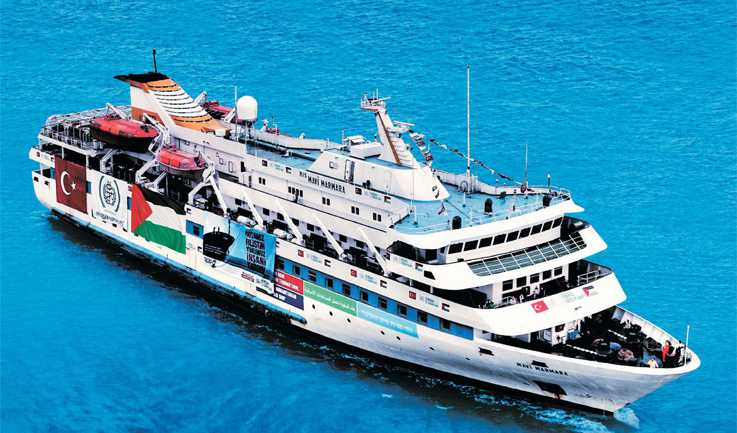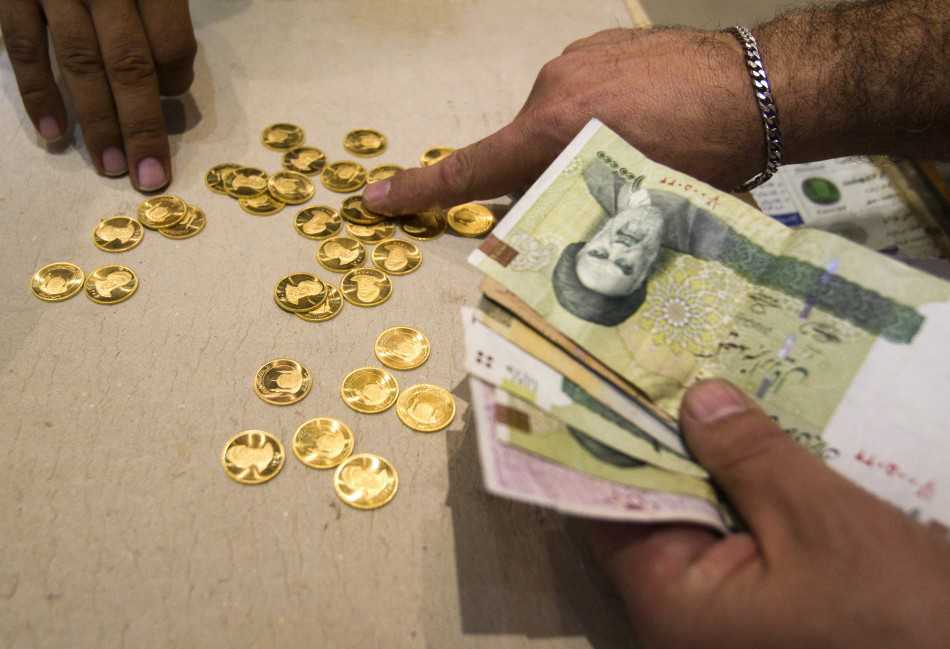DAMASCUS: Syria said on Friday plans by Turkey to site Patriot missiles along its border was “a new act of provocation,” while allies Iran and Russia warned the move would complicate the situation and could spark a regional conflagration.

NATO chief Anders Fogh Rasmussen reacted by reassuring Moscow that any such deployment would be a “defensive only” measure.
Turkey turned to its NATO partners earlier this week to request the deployment of the surface-to-air Patriot missiles to protect its troubled border with Syria, which is engulfed in a war that has cost some 40,000 lives.
Syria’s foreign ministry accused Ankara of causing “tension and destruction,” with state television quoted an official as calling it “a new act of provocation.”
“Syria holds (Turkish Prime Minister Recep Tayyip) Erdogan responsible for the militarisation of the situation at the border between Syria and Turkey, and the increase of tension,” the unidentified official said.
Syria has long accused Turkey of harbouring, financing and arming rebels fighting to topple President Bashar al-Assad.
In Moscow, Russian Foreign Minister Sergei Lavrov warned that any deployment of Patriots by Turkey may create a temptation to use the weapons and spark a “very serious armed conflict” involving NATO.
“I understand that no one has any intention to see NATO get sucked into the Syrian crisis,” Lavrov said. But “the more arms are being accumulated, the greater the risk that they will be used.”
NATO spokesman Carmen Romero later said Rasmussen had told Lavrov by telephone that such a deployment “would in no way support a no-fly zone or any offensive operations.”
“Such a deployment would augment Turkey’s air defence capabilities to defend the population and territory of Turkey,” Rasmussen told Lavrov.
But Iran’s foreign ministry accused Turkey of aggravating the situation.
“Not only does it not help resolve the situation in Syria but it will also aggravate and complicate the situation,” spokesman Ramin Mehmanparast said, quoted on state television.
“The insistence (of certain countries) to resolve the Syrian crisis through military means is the main cause of tensions and threats in the region,” he said.
Iran parliament speaker in Damascus
Meanwhile, Iran’s influential parliament speaker Ali Larijani was in Damascus at the start of a three-nation tour billed at trying to find a solution to the conflict roiling Syria.
Larijani accused regional powers he did not name of causing “problems” in Syria, in an allusion to the principal champions of arming the rebels fighting to overthrow Assad’s regime — Qatar and Saudi Arabia.
“Syria has played an important role in supporting the resistance (against Israel and the United States) but some in the region want to carry out actions with negative consequences, to cause problems in Syria,” he told journalists.
On his second stop in Beirut later on Friday, Larijani reiterated Iran’s opposition to the arming of rebels and foreign military intervention.
“Some are sending arms to bring democracy to Syria. I believe you cannot set up democracy with RPGs,” he told reporters on the eve of a visit to Turkey. Iran “supports a political dialogue for a political solution.”
On the ground, violence erupted in flashpoints across the country, while tensions spiked in the northeast near Turkey, where Kurdish militia are engaged in a standoff with rebels.
Following several days of combat against a rebel advance into Kurdish areas, two main Kurdish groups have agreed to join forces, an activist said.
Hundreds of fighters loyal to the Kurdish Democratic Union Party (PYD) — which has close ties to Turkey’s rebel Kurdistan Workers’ Party (PKK) — have been locked in fierce battles with fighters of the jihadist Al-Nusra Front and allied Ghuraba al-Sham group in Ras al-Ain on the border with Turkey.
The activist said agreement had now been reached in Iraq “to create a united military force, bringing together PYD forces and other Kurdish dissidents” in Syria.
The agreement sets the stage for an expanded conflict in the area between Islamist rebels opposed to Assad and Syrian Kurdish forces.
At least 46 people were killed in violence across the country on Friday, including 18 rebels, 15 civilians and 13 soldiers, said the Syrian Observatory for Human Rights.
-AFP/ac
via Turkey request for missiles “new act of provocation”: Syria – Channel NewsAsia.






